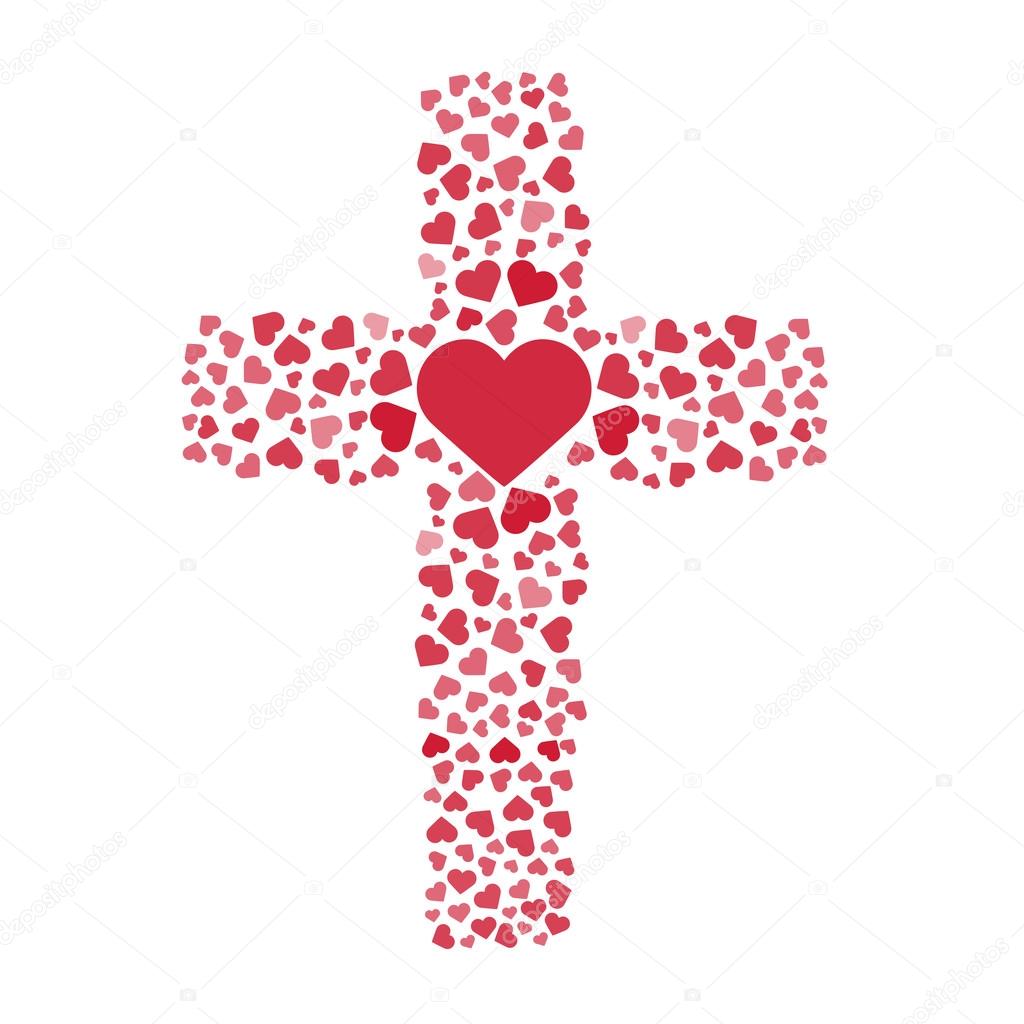
Dear Friends,
In my ordinary way of
thinking, I would not put Valentine’ Day together with salt and light. But the rubbing of liturgical feasts and
cultural celebrations as happens this week, can bring us to new thinking.
In today’s Gospel ,
we hear those familiar descriptions of what we are called to be : the salt of
the earth and the light of the world. In themselves, salt and light are
useless. It is only when we apply them to our relationship with people and the
needs of this world do they become valuable, sacramental in their own way.
Sacraments, as we know, are signs that point to and embody people’s way to God.
The seven sacraments are the holiest signs we know, but other signs can be
understood as sacramental when they point us to and embody our way to God . When
we love God, people and the earth, we are the salt of the earth and the light
of the world.
Then, there’s Valentine’s Day. Valentine was a real person
who lived in Rome in the 3rd Century. He was a priest and a physician
who was beheaded in a religious persecution. The date is said to have been
February 14. Valentine caught the attention of people in medieval times. Myths
grew up around him and the belief was common that birds began to pair on February
14. This gave rise to the custom of sending Valentines on that date. The author
Chaucer, in one of his poems, coined the phrase
“valantynys day”, and so it has been.
In one form or another, Valentine’s Day has been passed down
as a reminder to treasure
the many loves of our life: a budding love, an enduring love, a big love,
a love of the earth.
The Gospel can be read as a story of great friendship. The Messiah
did not even consider working alone. At
the very beginning of His public ministry, Jesus chose others to walk with Him;
Peter and Andrew, James and John, Mary Magdalen and Susanna and Joanna. They
were others too.
Friendship with Jesus
brought together the most unlikely collection of people – with Jesus at the
center of it all. He taught them they could have a new relationship with
God. He taught them to love people and to put things in their proper place.
Jesus taught by His example: compassion, not pity, community, not slavery.
It was in living with Jesus day to day that His disciples grew to love Him and understand the
generosity of his love for others.
Likewise, it is in the daily living with the people of our
world that we grow to love this one and that one and the next.
Friends are salt for one another. They also help each other
to see. They help create a tastier world, where gloom give way to new ways of
seeing life and the world around us. Happy Heart Day!
~Sister Joan Sobala
